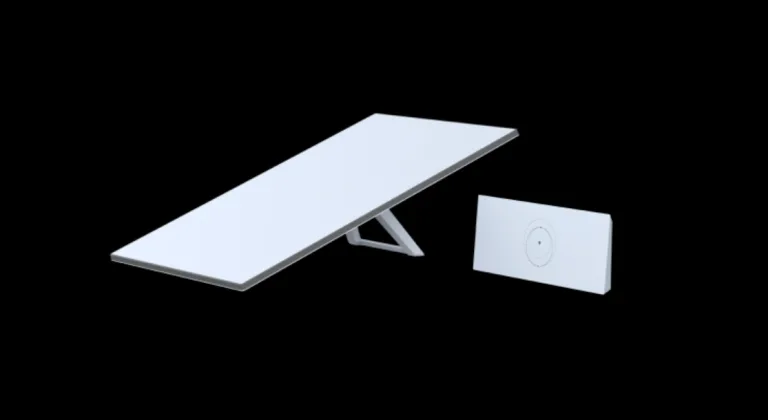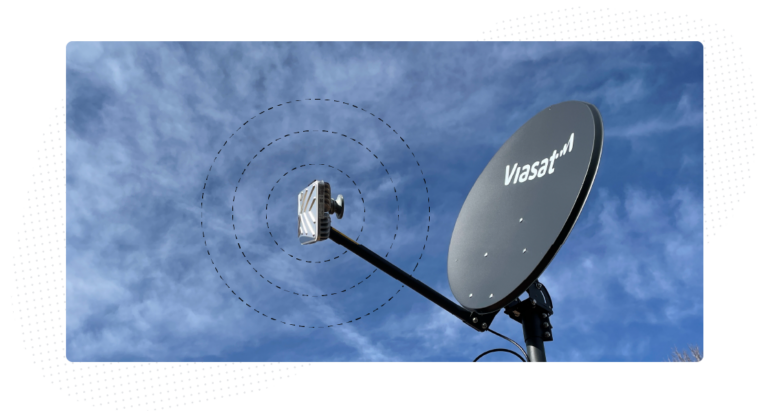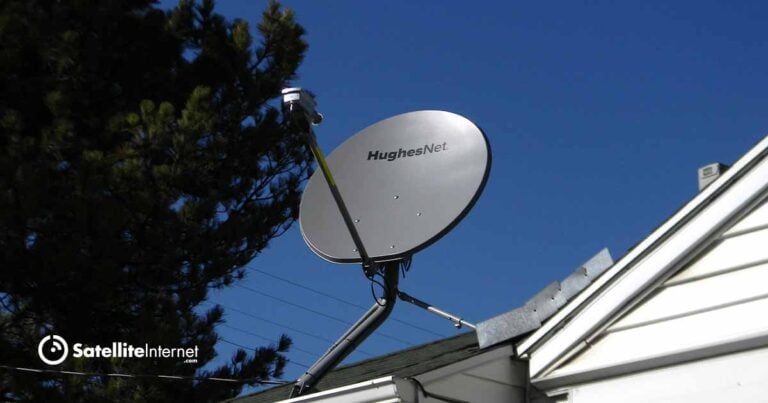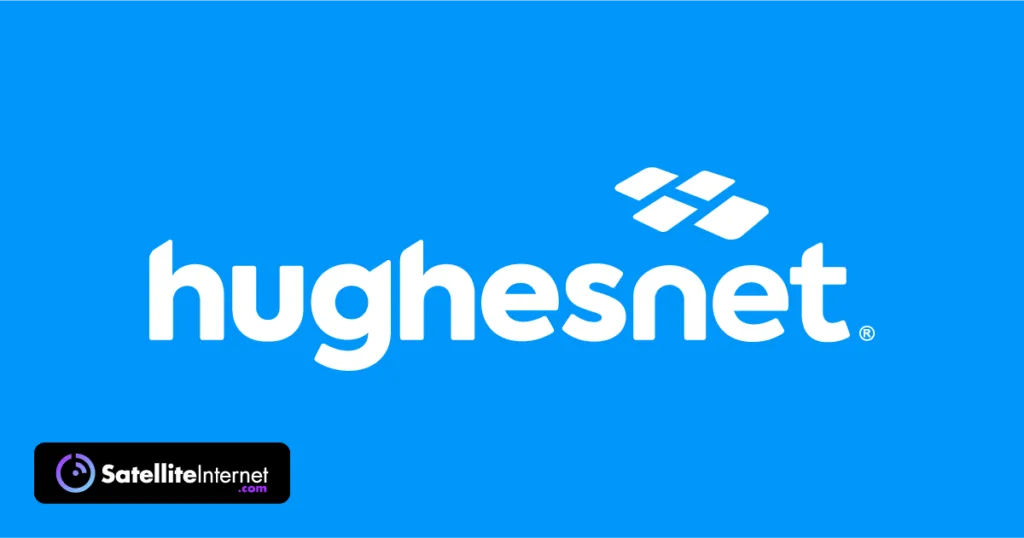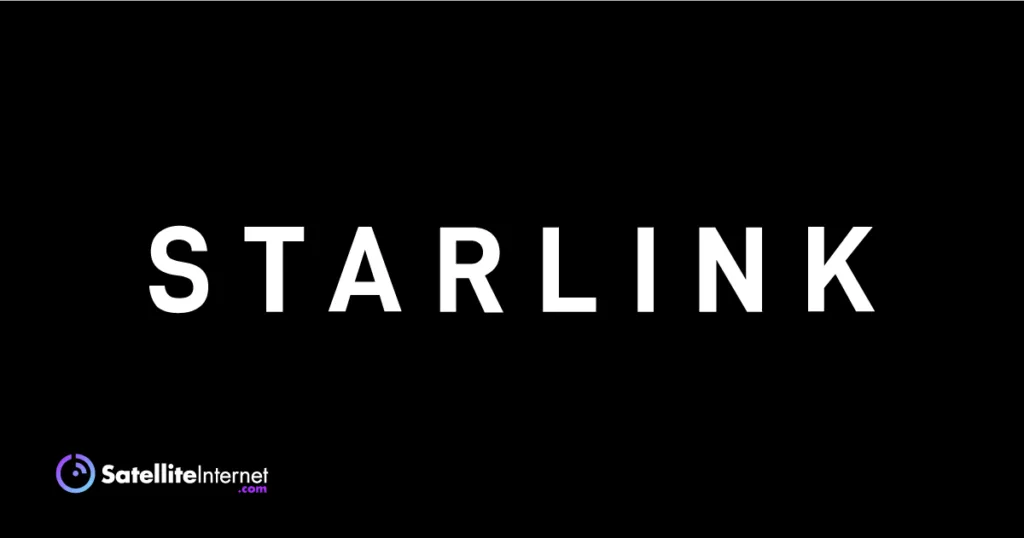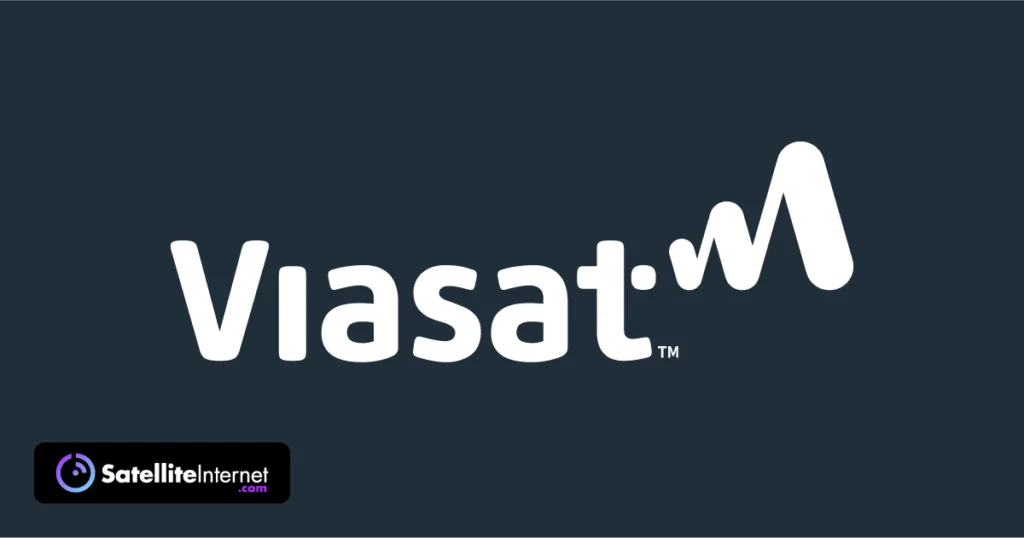Hughesnet, Starlink, and Viasat are the best (and only) satellite internet providers in the U.S., each with strengths and weaknesses.
Starlink is the fastest but most expensive, Hughesnet has good budget plans and upgraded technology, and Viasat offers unlimited data and no contracts.
At SatelliteInternet.com, we specialize in helping people with unique internet challenges. We’ve spent years testing satellite internet providers, talking to customers, and studying the intricacies of rural internet. We look at the major satellite internet providers and alternative internet solutions for people in rural locations. We also help travelers pick the best services and devices to stay connected from their RV or boat. Read on to compare satellite providers and find the best option for your life.



